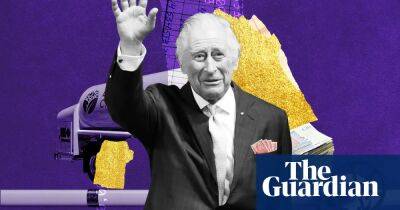Crypto market cap reclaims $1T, and derivatives point to further upside
The total crypto market capitalization increased by 26% in seven days, reaching $1.16 trillion on March 17. Bitcoin (BTC) was the biggest winner among the top 20 coins, up 31.5%, though some altcoins gained 50% or more during that period.
The surge in cryptocurrency prices occurred as the United States Federal Reserve was forced to lend banks $300 billion in emergency funds. According to PBS News Hour, nearly half of the money went to failed financial institutions Silicon Valley Bank and Signature Bank and was used to pay uninsured depositors. The remaining $153 billion was obtained through a long-standing program known as the "discount window," which allows banks to borrow funds for up to 90 days.
While appearing to protect the banking sector, additional funding for the Federal Deposit Insurance Corporation (FDIC) and credit facilitation using Fed resources ultimately creates a "false sense of confidence," according to activist billionaire investor Bill Ackman.
The $30 billion plan devised by U.S. regulators to avoid a major liquidity crisis in First Republic Bank (FRB) "raised more questions than it answers," said Ackman, who manages the hedge fund Pershing Square. Furthermore, Ackman stated that "half measures don't work when there is a confidence crisis."
As the banking crisis worsened, Warren Buffett, the largest shareholder and co-founder of Berkshire Hathaway (BRKB), a $650 billion financial conglomerate, saw his holdings rapidly deteriorate. Berkshire Hathaway, for example, is the largest holder of Bank of America (BAC) stock, which has fallen 15.5% year-to-date. This position alone has cost Buffett's investment vehicle $5.2 billion.
Buffett, a well-known cryptocurrency critic, has stated that he has no interest in
Read more on cointelegraph.com









![Enjin Coin’s [ENJ] volume hits YTD peak, this was the driving force - ambcrypto.com - city Santiment](https://finance-news.co/storage/thumbs_400/img/2023/4/9/63503_nbn.jpg)


